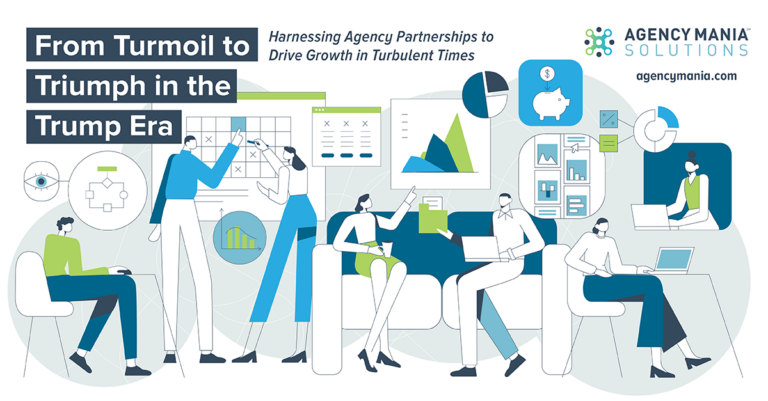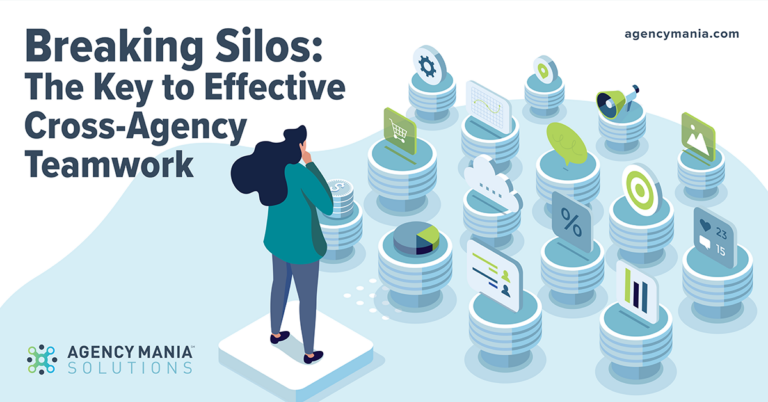Trust Me (no, really!)
By Bruno Gralpois
Author/Speaker, Thought-provocateur, Client/Agency Guru, Entrepreneur, Innovator
Download a print-friendly version here
Trust me (if I may ask) when I say that “transparency” has been the key word of choice in 2017. The issue of trust in client/agency relationships is so deep that it even led the newly elected 4A’s President and CEO Marla Kaplowitz to write a compelling column titled “How to Rebuild Trust in the Agency-Marketer Relationship” only three months into her new role. We know that the rate of change in the advertising industry has been nothing short of phenomenal, and the number of heated media and marketing debates has skyrocketed as a result. So, for the new head of the national trade association representing US advertising agencies and over 164,000 agency professionals to choose the topic of “trust”—instead of talent, growth, innovation, or technology, for example—is a testament of the severity of the divide now created between two worlds. In agencies, advertisers no longer trust. The debate of non-transparent incentives has created much tension in major client/media agency relationships, which has now carried over to the creative world with the Department of Justice (DOJ) investigation into unlawful production practices.
In the column Kaplowitz brilliantly states, “Trust is the cornerstone of any good relationship.” So far, so good. But then she goes on to say, “We encourage agencies and clients to discuss trust in the context of business expectations and requirements to ensure a successful partnership. These will differ based on the needs of the participants.” That statement alone shows that although the issue is somewhat easy to point to, the answer on how to fix it is far more complex than meets the eye. The solution is complex because “trust” is, well, “subjective” and subject to interpretation. How you bring trust to life in various systems, procedures, operations, contracts, and financially may vary significantly relationship to relationship. Hence the challenge for both advertisers and agencies.
Guiding principles of conduct… too little, too late?
The agency industry has been challenged to come up with self-regulation and consistent agency practices, leading to a few highly-publicized cases that lit a match and started a ramping fire that no one seems able to contain. In the hope to avoid further reputation damage, the 4A’s took action and gathered top talent to address the problem. The 4A’s Transparency Guiding Principles of Conduct provides much needed recommendations, helpful guidelines about business terms, and agency compensation practices. But as Kaplowitz reminded us, “They do not represent mandates – but recommended courses of action.” If you read between the lines here: great agencies are likely to stay great, but one bad apple can spoil the barrel for everyone else. In the meantime, marketers still must distinguish the responsible, good practitioners from the others.
These transparency guidelines do provide a starting point for a productive dialog to avoid any confusion, or worse, failed relationships and costly legal actions. These principles are centered around this notion of “agency” vs. “principle” and the contractual obligations to clients and agencies, such as opt-in agreements, reasonable audit rights, and well-defined protocols, providing proper and full disclosure about commercial relationships. In some ways, these guidelines are common sense, yet you may wonder why such a vibrant industry never had stricter transparency principles for everyone to follow. No wonder why advertisers occasionally refer to it as The Wild Wild “Waste”. Wherever this is opacity, there is inefficiency.
Working together is not the goal: it’s the only way!
In his infamous inspiring quote, American industrialist and the founder of the Ford Motor Company, Henry Ford said, “Coming together is a beginning; keeping together is a progress; working together is success.” Now, we all know from experience that’s easier said than done.
Working together is an ambitious goal in any situation where the interest of one party appears to be diametrically opposed to the other. At the center of any transparency debate are the agency financial gains and economic interests that often result in over-priced services, double-dipping, and conflicts of interest. Building trust requires both parties to foster a culture of honesty, integrity, and accountability, but also fully disclose and audit operating practices so there are no surprises or broken promises. That’s the only way to work together effectively.
Here are five practical ways advertisers and agencies can collaborate to earn mutual trust and strengthen the partnership:
- Fully disclose your respective principles and controls. Without proper disclosure, both parties may not understand their respective approach and expectations. I’ve seen it happen so many times. You think you are perfectly aligned until some event requires both parties to articulate with absolute precision how they operate, only to find out that there are discrepancies and misunderstandings. This is particularly important during agency reviews or at the inception of a new relationship. At the very least, marketers should ask their agencies if they follow the 4A’s Transparency Guiding Principles of Conduct.
- Fully understand your agency’s operating process: If trust must be earned, it must be earned over time. Having a reasonable audit plan is the best way for advertisers to establish that the practices are consistent with the agreed principles. Of course, don’t audit your agencies to death, as that is counterproductive. However, conducting an audit of the financials in the first two years of a new relationship (reviewing billings, reporting, processes, etc.) is likely to establish a solid foundation and trust for the years to come.
- Institute and socialize a partnership code of conduct: How you behave in the partnership will profoundly impact the trust and relationship you build. However, advertisers and agencies are often left to their own devices to figure out the right way to interact and collaborate. Having a code of conduct, a set of rules outlining the mutual responsibilities and proper practices for the partnership to live by, goes a long way toward building trust. The code of conduct can also be incorporated into a sort of service-level agreement between the two parties.
- Make trust the central piece of cross-agency collaboration: Trust is not limited to the client/agency relationship. Advertisers ask and expect their roster agencies to collaborate effectively together on their behalf. Yet when there are transparency issues surfacing often, such as differences of opinion and territorial concerns between the agencies, the work suffers. By having clear roles and responsibilities and conducting joint meetings with the agencies, an advertiser is building an environment of trust that is far more conducive to trust building and smart collaboration.
- Be fully committed to providing and receiving feedback: No trust can be built based on a relationship where no one really knows how things stand. Post mortem meetings and annual or project-level performance evaluations provide the ideal forum for 360 feedback reviews. However, the process itself is not sufficient. The substance of the feedback must be productive and encourage open and direct discussions between client and agency teams that ultimately build long-term trust.
In the increasingly complex and opaque world of advertising, trust has become a rare commodity that cannot be substituted. It’s a prerequisite to any successful partnership between a client and its agency(ies). Without full transparency, any relationship is deemed to fail over time. If you ever played the “trust fall” game as a group exercise, you know what I am referring to. In this game, a person with arms folded against the chest, deliberately allows themselves to fall, relying on other group members to catch them. Are you willing to close your eyes and rely on your business partner to catch you on the way down? If the answer is not a genuine “yes”, then you must make building that trust a priority.
Download a print-friendly version here







